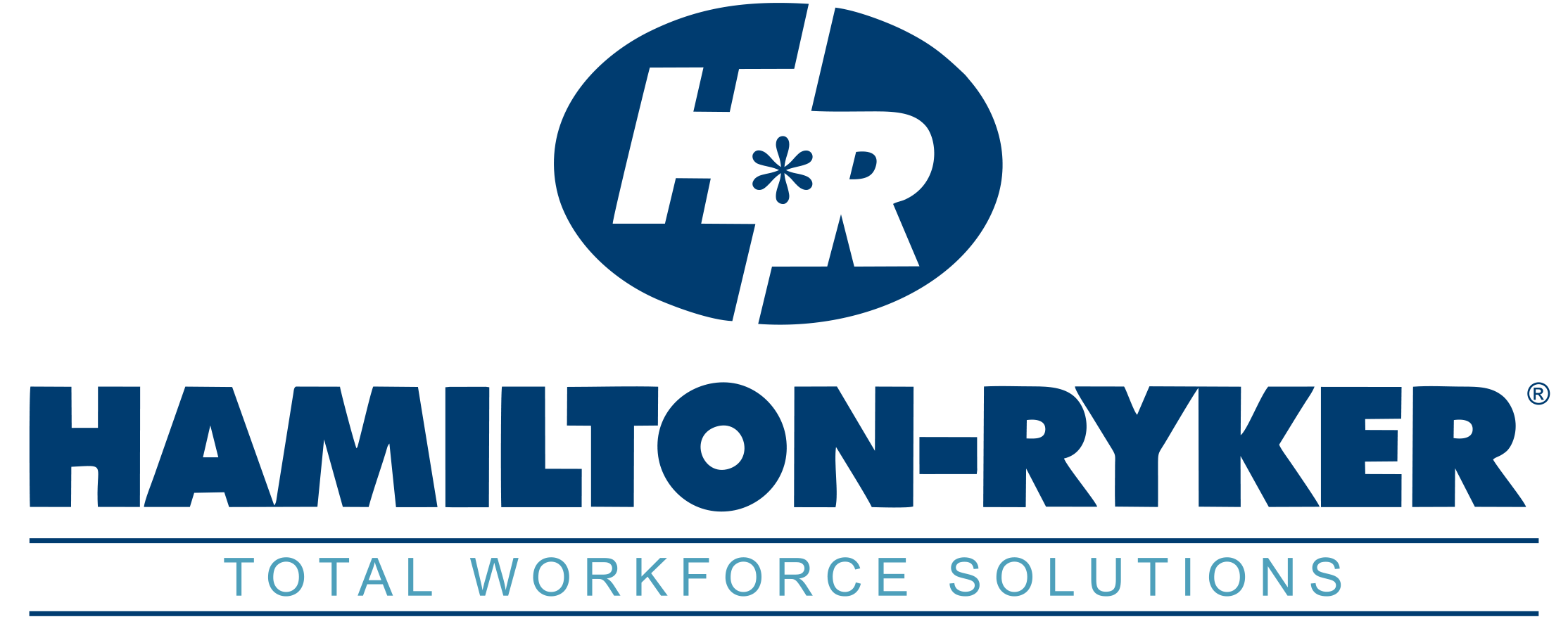The Skills Gap is Causing Employers to Reconsider Their Stance on College Degrees
For more than a decade, college degrees were considered a gold standard when it came to evaluating candidates. However, requiring a college degree is increasingly falling out of favor with employers. Along with college educations not necessarily being a reflection of skill level, there typically aren’t enough suitable graduates to overcome challenges created by skill gaps. As a result, companies are increasingly embracing alternative learning forms when assessing a candidate’s potential.
Non-traditional education is potentially as sound as more widespread options like college degrees. A number of high-profile companies recognize this fact, causing them to welcome applicants who took other roads that led to skill building. Here’s a look at what credentials employers are acceptable in lieu of college degrees and why the approach is helping them close the skill gap.
Alternative Approaches That Are Substituting for College Education
As mentioned above, companies over the past decade have primarily viewed college degrees as hiring requirements for a wide range of roles. While the strategy makes sense for positions where specific credentials are required legally – such as many medical jobs – most industries aren’t dealing with those types of regulations. As a result, college degrees aren’t inherently necessities in a compliance sense.
However, much of the drive was based on the notion that college degrees guaranteed a capability level that employers wanted. Additionally, earning a degree showed an applicant academically performed to a certain level and was diligent enough to complete the program, both of which are typically desirable.
The issue is that requiring a college degree eliminates competent candidates from contention. There are many pathways to learning that leave professionals with suitable skill levels for a range of roles. As companies battle against skill gaps, they’re increasingly open to recognizing the validity of these learning methods.
One of the more widely accepted alternatives is boot camps, particularly in the technology sector. Boot camps are functionally educational intensives that concentrate on a highly specific area, such as a coding language. Along with providing the needed knowledge, boot camps are traditionally incredibly hands-on, focusing on learning by doing. As a result, students who complete the programs are often highly capable of translating what they learned into skills they can apply on the job.
Vocational programs and similar certificates are also increasingly serving as substitutes for conventional college degrees. Again, these shorter programs are often highly focused, allowing learners to hone specific skills in less time than longer degree plans.
Internships and apprenticeships are also making waves. Both focus on real-world experience with educational components, allowing those who complete the programs to often seamlessly transition into a related job.
How Embracing These Candidates Closes the Skill Gap
Considering applicants with non-traditional learning experiences opens doors for employers. They aren’t eliminating applicants off the top solely due to a lack of a degree. Instead, they’re allowing any candidate with the right skill set to remain in contention, making it easier to identify talent that took an atypical road to hone their abilities.
Ultimately, in a time of skill gaps, embracing alternative forms of experience and learning is increasingly essential. If you’d like to learn more about how you can access top talent, Hamilton-Ryker makes finding skilled, enthusiastic candidates easier. Contact us today.

